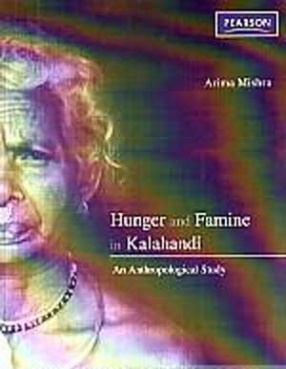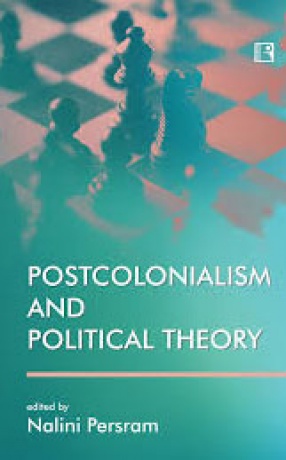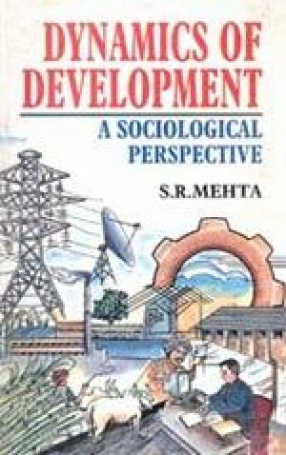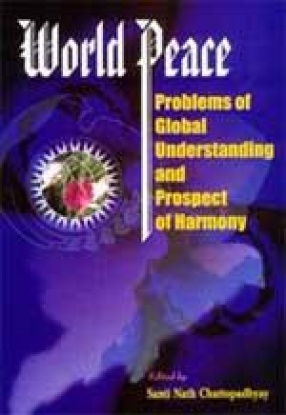While most studies of famines have treated Kalahandi as an aberration in Independent India, Hunger and Starvation in Kalahandi argues that this situation of starvation in the midst of adequate food resources is a recurring phenomenon. Deviating from the prevailing tendency in famine studies to lay the emphasis on causes, Arima Mishra focuses instead on the afflicted, their conceptions of famine and starvation, and the influence of kin networks, social relations and institutions on their experiences of famine and starvation. Beginning with a critique of the conventional disaster approach to famine in the social sciences, Mishra examines the alternate theoretical framework of famine as a process of gradual socio-economic and biological decline. Weaving history with ethnography, she analyses evidence of such decline through an exploration of the nexus between land, cultivation, credit and labour transactions. The book also examines the state-society dynamics involved in the failure of the government to acknowledge the prevalence of persistent starvation in Kalahandi, and by extension, the failure of its large-scale developmental measures to ameliorate the situation.
Hunger and Famine in Kalahandi: An Anthropological Study
In stock
Free & Quick Delivery Worldwide
reviews
Bibliographic information
Title
Hunger and Famine in Kalahandi: An Anthropological Study
Author
Edition
1st ed.
Publisher
Longman, 2010
ISBN
8131717976, 9788131717974
Length
xxii+258p., Maps; Illustrations; 23cm.
Subjects





There are no reviews yet.